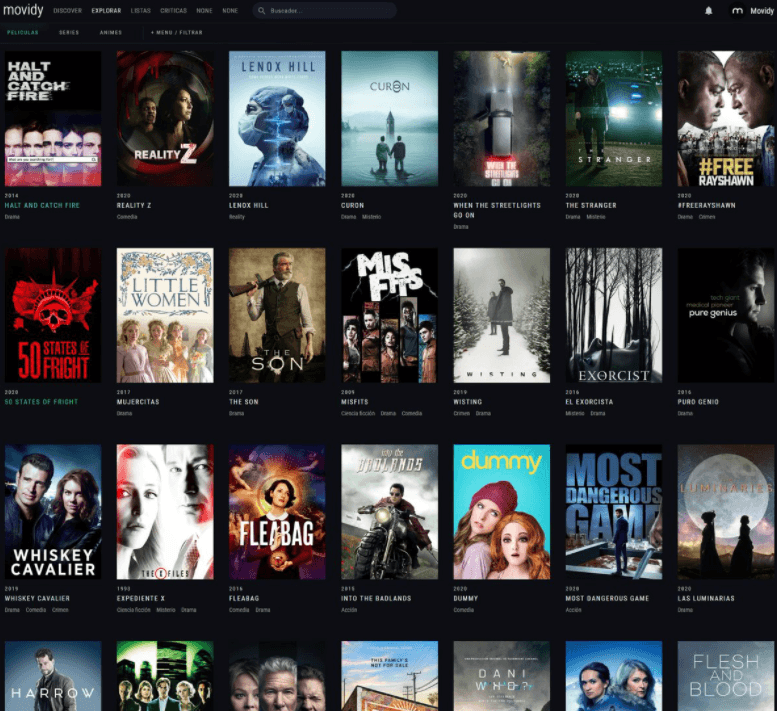-
chevron_right
Danish Police Eyes Torrent Tracker Users After Arrest and Shutdowns
Ernesto Van der Sar · news.movim.eu / TorrentFreak · Saturday, 12 December, 2020 - 11:13 · 2 minutes
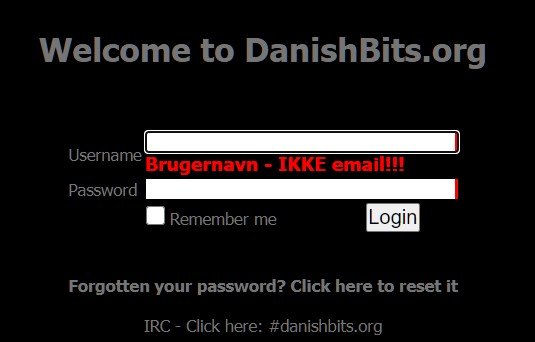 Private BitTorrent trackers are niche sites in most parts of the world but in Denmark they are huge.
Private BitTorrent trackers are niche sites in most parts of the world but in Denmark they are huge.
With millions of views per month, sites such as ShareUniversity and Asgrd are among the most popular sites in the country.
This was also the case with DanishBits until it suddenly went offline a few weeks ago. At the time, several sources informed us that the owner was arrested and, this week, official confirmation came in that this is indeed the case.
Danishbits Operator Arrested
Denmark’s State Prosecutor for Serious Economic Crime (SØIK) announced that a 33-year-old Danish man was arrested in Morocco. This followed an investigation by the authorities, which acted based on a complaint from local piracy group Rights Alliance.
The Danishbits investigation, which started in 2016, revealed that the site was run professionally and that the people involved did their best to hide their identities. Payments, for example, were made through cryptocurrency.
Despite these efforts, law enforcement officials managed to identify the operator, who was subsequently placed on Interpol’s wanted list. In October, the alleged ringleader of the site was eventually apprehended and jailed in Morocco, from where he will possibly be extradited to Denmark.
“It’s very satisfying that the investigation led to both the arrest of the suspected operator and shutting down the network. It succeeded thanks to the sustained collaboration between our specialized investigators, prosecutors, and IT experts,” says Deputy Police Inspector Michael Lichtenstein.
Nordicbits Shut Down, Operator Passed Away
Danishbits was not the only private tracker to disappear this fall. The same happened to Nordicbits. This site, which was smaller than its competitor, was also reported to the authorities by Rights Alliance in 2018.
After a detailed investigation, the authorities identified a 69-year-old Danish man as the operator. The man, who resided in Spain, was apprehended by local police in September.
After being questioned the Nordicbits operator admitted his involvement in the site and agreed to shut it down voluntarily. The Danish prosecution intended to take the operator to court. However, the man was seriously ill and recently passed away.
Targeting Users?
In both cases, law enforcement officials managed to seize data which will be used for further investigation. Deputy Police Inspector Michael Lichtenstein doesn’t rule out that users will be identified as well.
“The most important thing is clearly to stop the illegal services, but it can certainly not be ruled out that seized data can lead to the identification of the users of the two illegal networks,” he says.
Despite this warning, private torrent trackers continue to flourish in Denmark. The two sites that were shut down had roughly 45,000 registered users, many of whom went to other Danish trackers.
Rights Alliance says that the users of these sites know all too well that they are breaking the law. The anti-piracy group is also happy that the authorities will consider follow-up steps.
“We are pleased that the announcement of the State Prosecutor for Serious Economic Crime also reflects the importance of an increased focus on users’ illegal behavior,” Right Alliance CEO Maria Fredenslund says .
Thus far, however, these users don’t seem to be particularly bothered. After the shutdowns ShareUniversity saw a 500% increase in visits , and Asgrd’s traffic jumped up by more than 750% .
Right Alliance informs TorrentFreak that they are aware of the growth of these sites and urges them to give up their illegal activities. If not, they will get the same treatment as DanishBits and NordicBits.
From: TF , for the latest news on copyright battles, piracy and more.

 Under U.S. law, streaming and file-sharing are seen as two different offenses. Not just from a technical point of view, but also in the way they are punished.
Under U.S. law, streaming and file-sharing are seen as two different offenses. Not just from a technical point of view, but also in the way they are punished.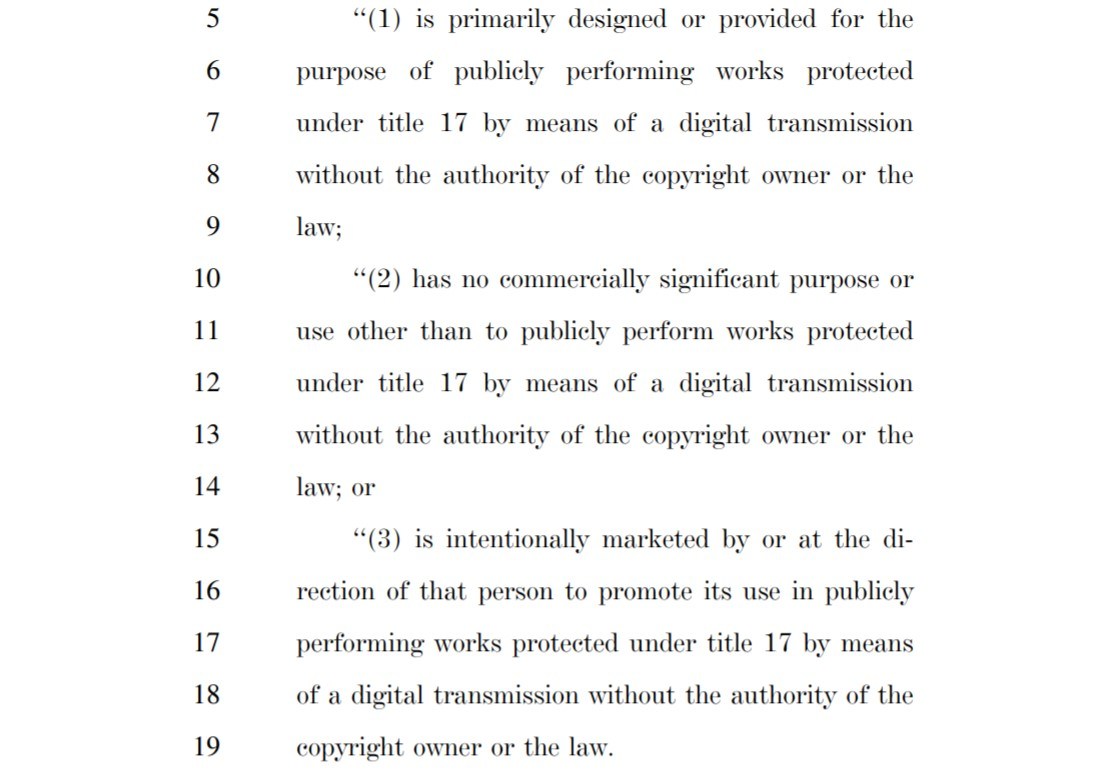
 Without prior warning, Torrentz2 suddenly started to return a ‘
Without prior warning, Torrentz2 suddenly started to return a ‘ 

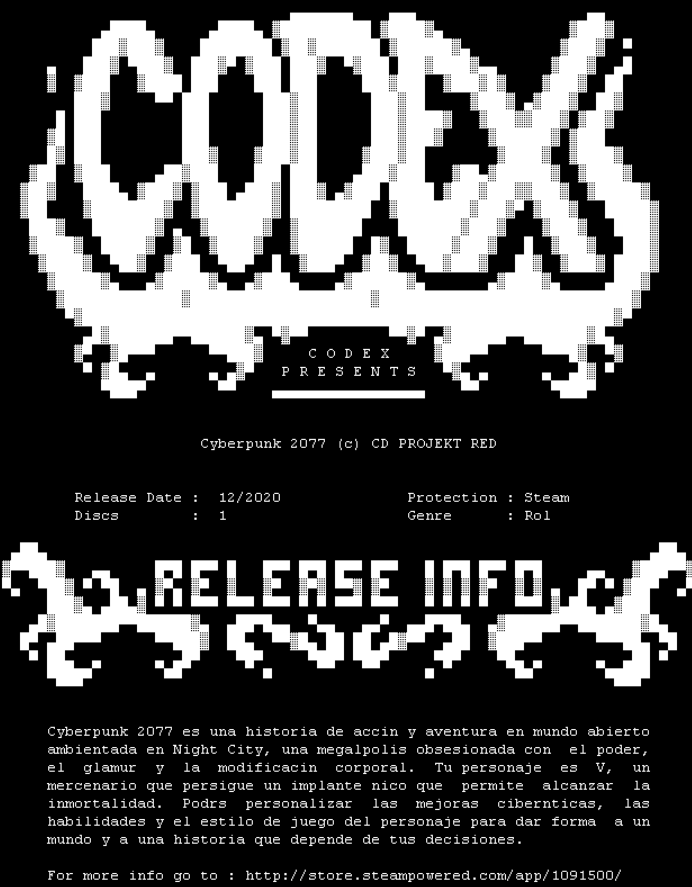
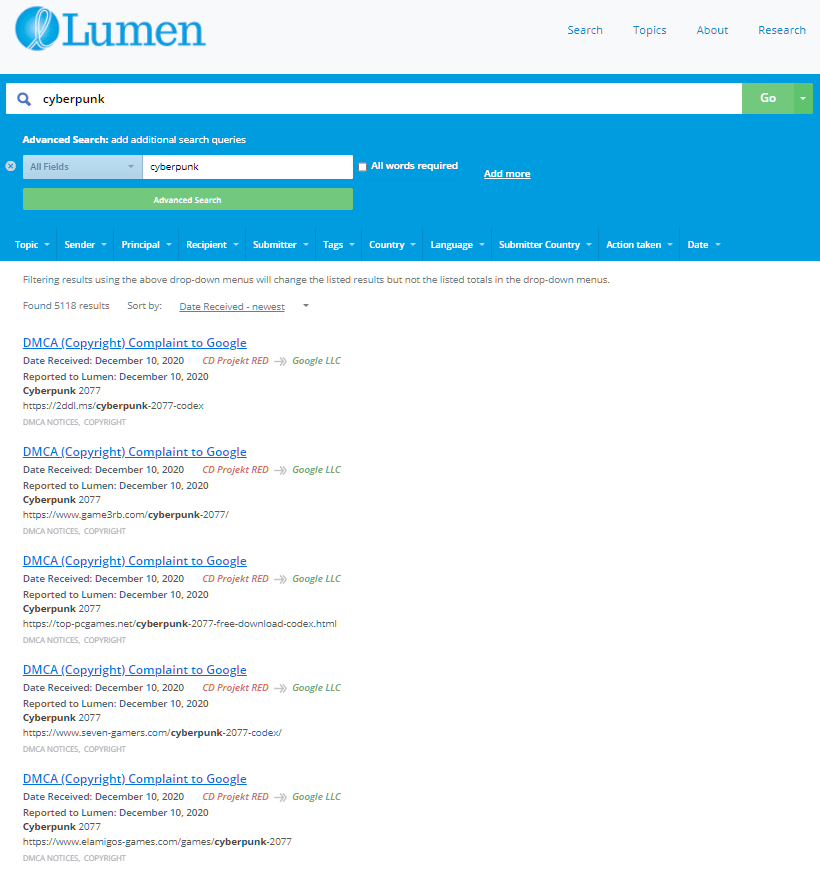
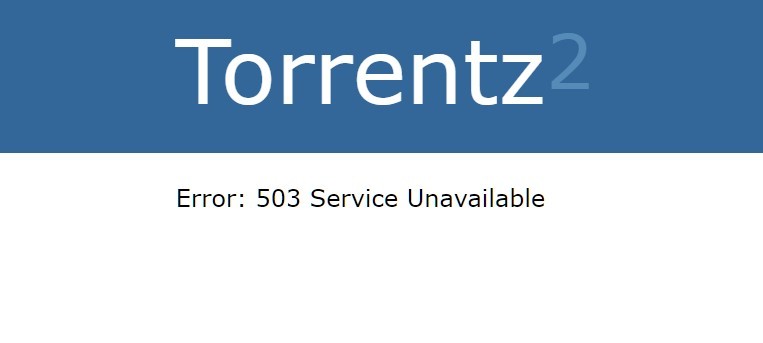
 Next week, US lawmakers are expected to present the spending bill that keeps the government running.
Next week, US lawmakers are expected to present the spending bill that keeps the government running.